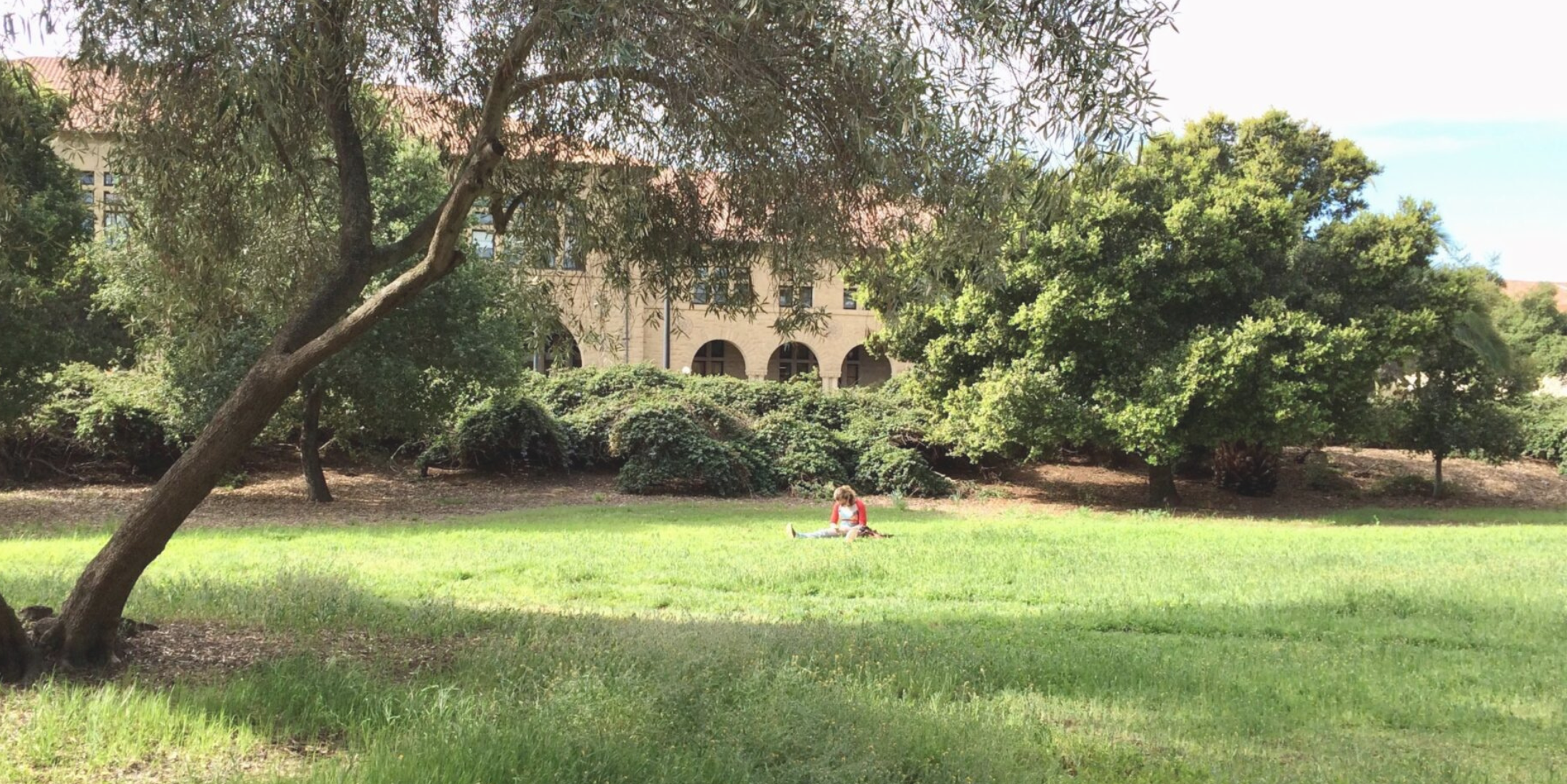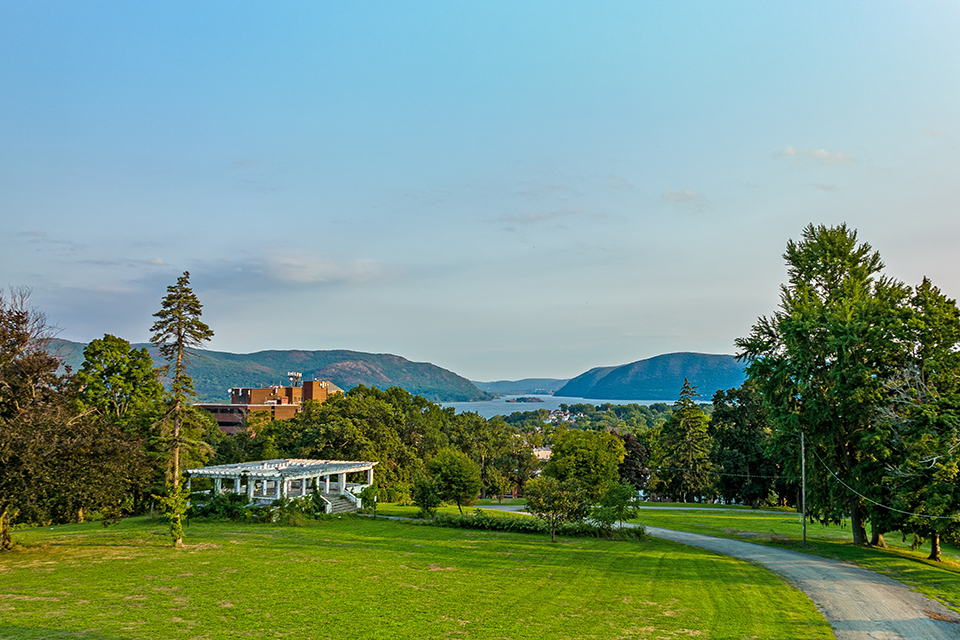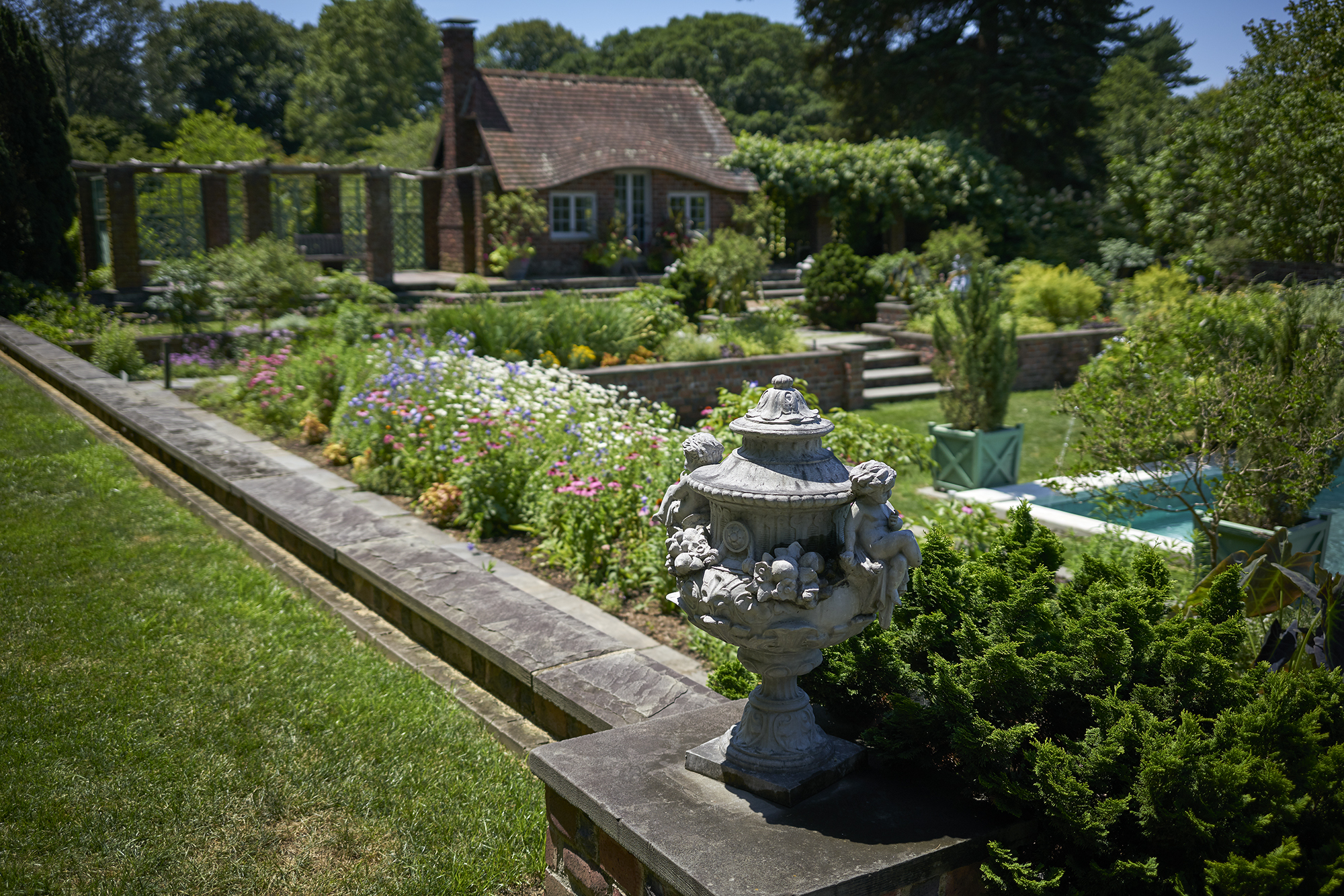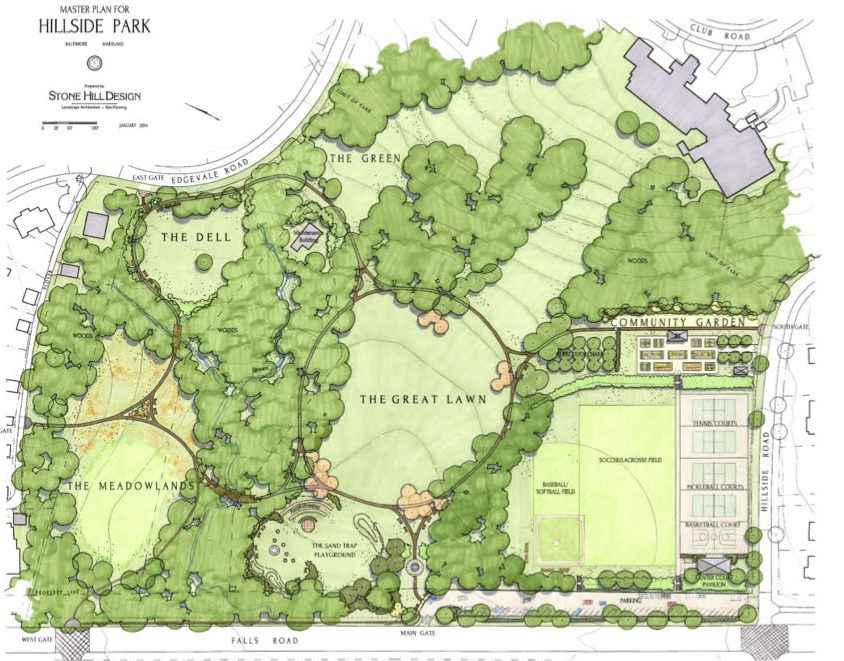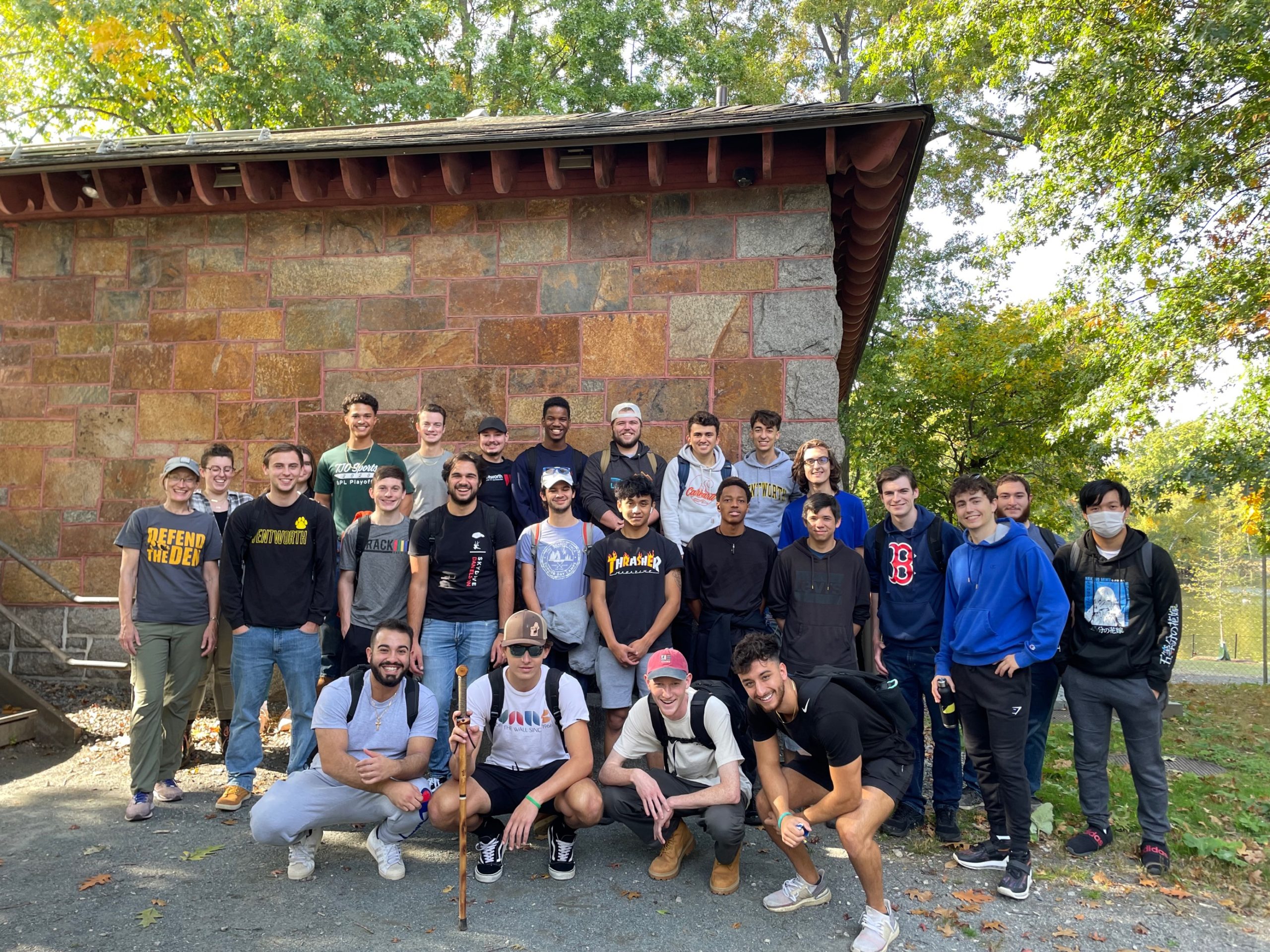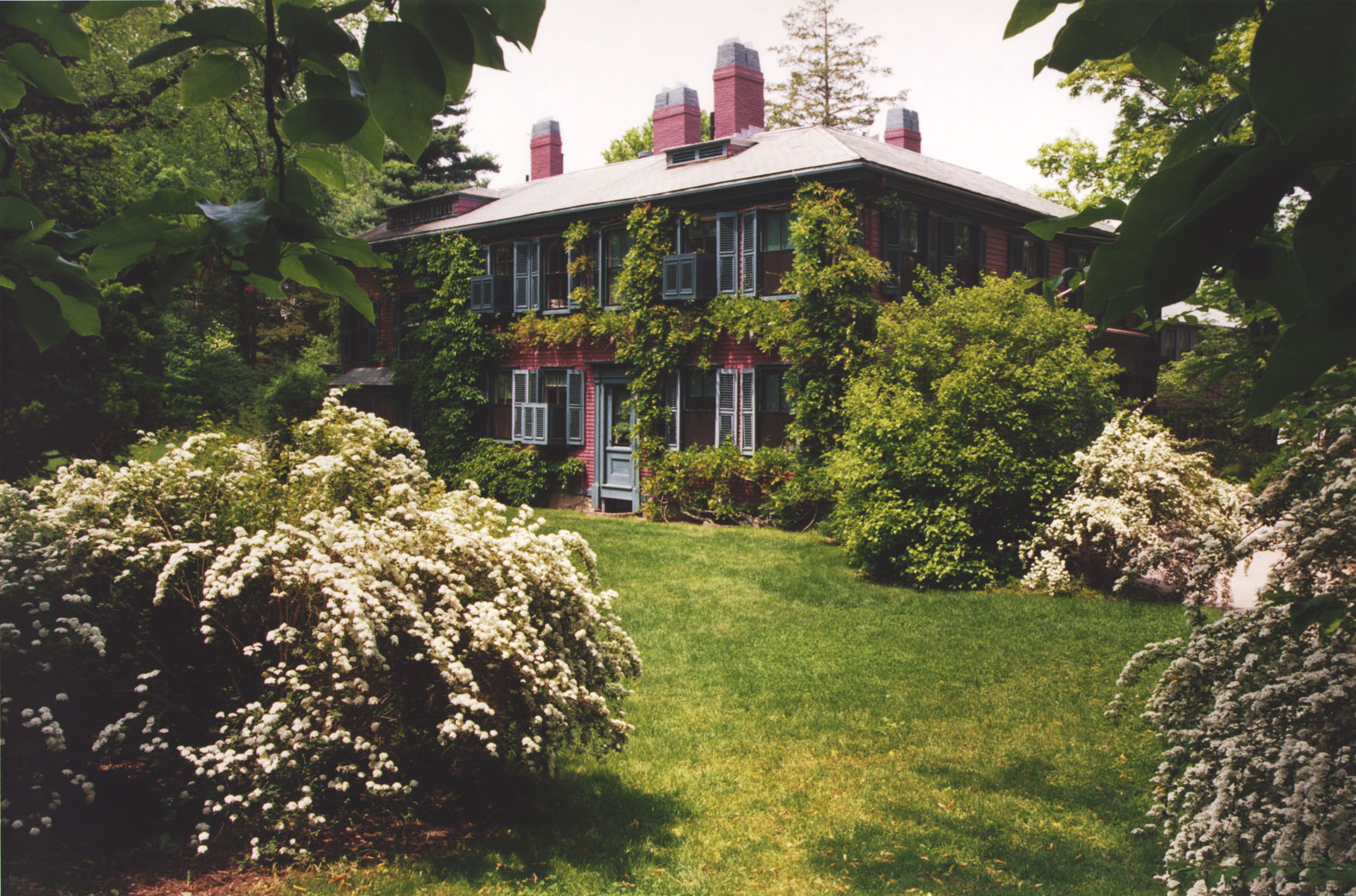
Frederick Law Olmsted moved to the Boston area in 1883 to collaborate more closely with architect Henry Hobson Richardson and to develop a full-time landscape architecture firm. He established his home and professional offices at Fairsted, a property in Brookline, MA, now known as the Frederick Law Olmsted National Historic Site and part of the National Park Service.
From this office, Olmsted completed designs for many properties including the Emerald Necklace – the 1,100-acre chain of Boston parks that includes the Arnold Arboretum to be featured at the 2022 Shirley Meneice Horticulture Conference.
The National Park Service acquired Fairsted in the early 1980s and completed an inventory, of plants on-site at that time. From this extensive inventory, GCA, one of the Founding Partners of Olmsted 200, is encouraging clubs to propagate the listed plants by any means (including seed, cuttings, layering, and division).
Woody plants:
Betula papyrifera, paper birch
Calycanthus floridus, eastern sweetshrub
Clethra alnifolia, summersweet
Itea virginica, Virginia sweetspire
Pieris japonica, andromeda
Prunus virginiana, chokecherry
Quercus rubra, red oak
Sambucus canadensis, elderberry
Spiraea thunbergii, spiraea
Viburnum dentatum, arrowwood viburnum
Vitis labrusca, fox grape
Herbaceous plants:
Aruncus dioicus, goatsbeard
Asclepias tuberosa, butterfly weed
Coreopsis verticillata, coreopsis
Matteuccia struthiopteris, ostrich fern
Monarda, any type of bergamot, bee-balm
Symphyotrichum novae-angliae, New England aster
The Plant Exchange is a long-standing tradition of the GCA. It used to sponsor a Plant Exchange (PX) for propagated plants at every Annual Meeting. Club Presidents and delegates would carry their clubs’ entries on airplanes, in cars, and on trains to the event. Plants were evaluated by a panel of evaluators comprised of GCA Horticulture Judges and invited horticulture experts. After the evaluation process, an exchange of plants would take place, with delegates taking home plants grown by members from another club. These plants would be given to club members who propagated their clubs’ entries. Over the years, travel and transportation of the plants grew more difficult and many states adopted regulations about the transfer of plant material. The annual plant exchange was ended and now clubs and regional meetings are encouraged to offer voluntary plant exchanges to encourage the propagation and to highlight woody and herbaceous plants.
A version of this article originally appeared in the GCA E-News on March 16, 2021. The authors are the co-chairs of The Garden Club of America Shirley Meneice Horticulture Conference in 2022.



